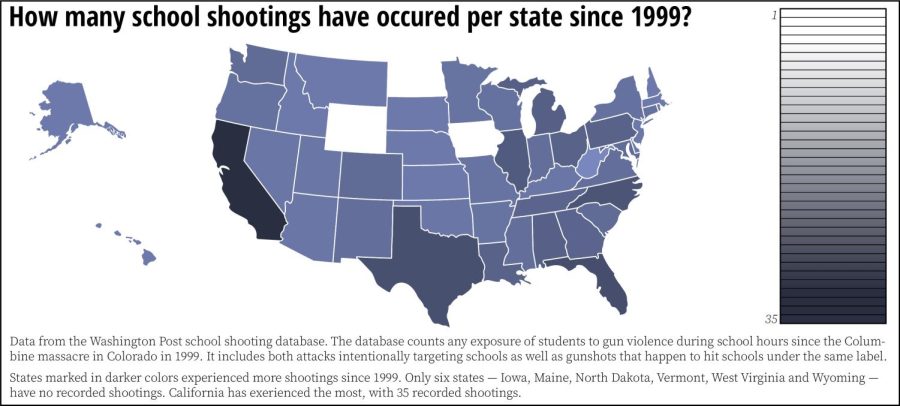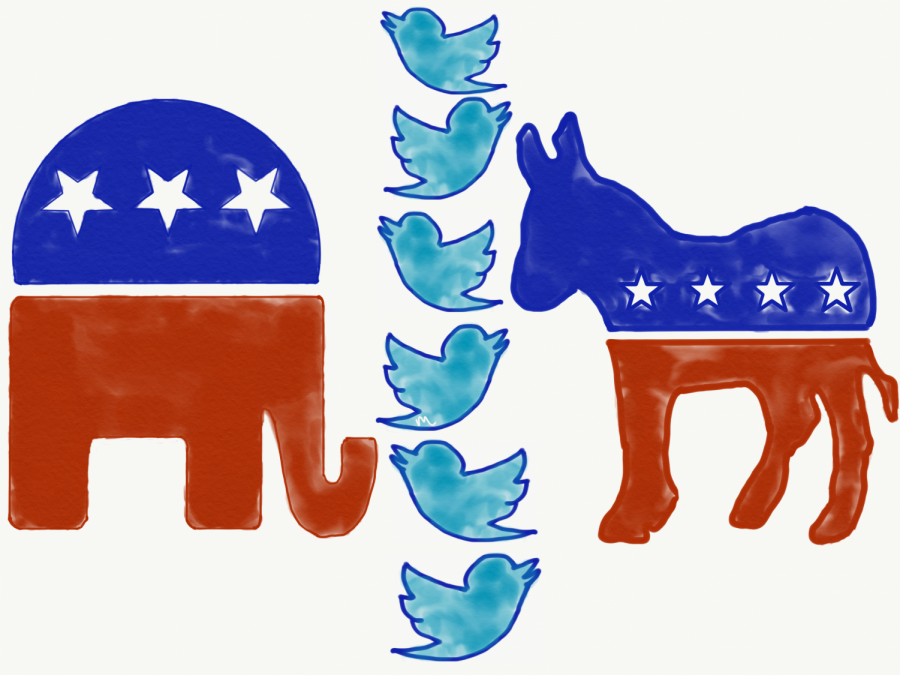By Alex Frandsen, editorial columnist
Is your brain fried from reading too many Grammy think pieces yet? Is there a slight ache in your temple from reading numerous headlines like “The most political moments from the Grammys” and “Did Beyonce get snubbed again?” Do your eyeballs hurt from the maddening slideshow articles fervently focused on the eternal question, “Who looked best on the red carpet?”
If you answered yes to any of the previous questions, then I come with a solution.
Forget about the Grammys. Don’t watch them ever again. Release any notion in your mind that they actually mean something. Ignore the hysteria that comes every winter. Treat them like the vapid nothingness they are.
It sounds harsh, I know. After all, for your whole life, it’s been hammered into your poor head that the Grammys are the pinnacle of the music world. They’re billed as the final say in the industry, and bringing home one of those bronze Gramophones means an artist has truly made it.
But you’ve been lied to. The Grammys are inherently flawed, and society as a whole would immeasurably benefit if we were all to stop talking about them. Like, now. Or at least after you finish reading this column.
For one, the mere structure of the Grammys is outdated. As it stands now, honors like “Best Album” and “Best Record” are decided by giving people in the very important-sounding Recording Academy a vote and letting them choose the best as they see fit. It’s a top-down method, with the “experts” handing down their verdicts to us plebeians, then watching us squabble over the results. In the age of omnipresent Internet and big data, it makes no sense.
Plus, the evidence that the Grammys are irreparably broken lies all around us. This year, Adele beat out Beyonce for “Album of the Year,” despite pretty much every breathing person understanding that this was incorrect. Taylor Swift beat out Kendrick Lamar last year, despite the fact that KDot’s album was literally saved in the annals of history forever by being inducted into the Library of Congress. Before that, Beyonce lost again, this time to Beck. Do you remember what Beck’s album was called? Yeah, me neither.
The snubbing stretches as far back as the ceremony is old. The clear trend is that artists of color lose out, despite the fact that they have influenced American music to an outsized degree. When you think of music in this country, you most likely think of hip-hop, rock and roll, jazz, blues, folk or country. There is not a single category among those that would look anything like it does it today if not for people of color. A few of them wouldn’t exist at all.
Yet time and time again, the Grammys fail to do their job of truly recognizing the best in the business. So if they can’t hold up their side of the bargain, why should we as an audience hold down ours? Why should we keep tuning in? Why should we even lift a finger to tweet our outrage if we know that the Grammys are simply a broken institution?
The need to have some sort of higher authority label what is the “best” is understandable. It’s the same reason we have championship games, the Oscars and Pulitzer Prizes. It’s our little way of making sense of this chaotic and unruly world we live in. It’s a way of creating order in an orderless space. But if you really want awards for music, then put it in the hands of the people. With the ubiquitous existence of the Internet, we have the tools to at least try. Measure streaming numbers, create rating compiling services—hell, even count Twitter mentions if that’s what it takes.
Are any of those surefire solutions? Absolutely not. Did I pull them out of thin air? Quite possibly. But they’re better than the alternative we’re living with right now. So forget the Grammys. Let them go the way of pagers and typewriters. Let them wither away into dust. And let the endless think pieces die, too.















